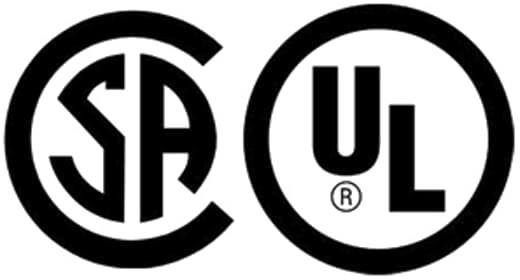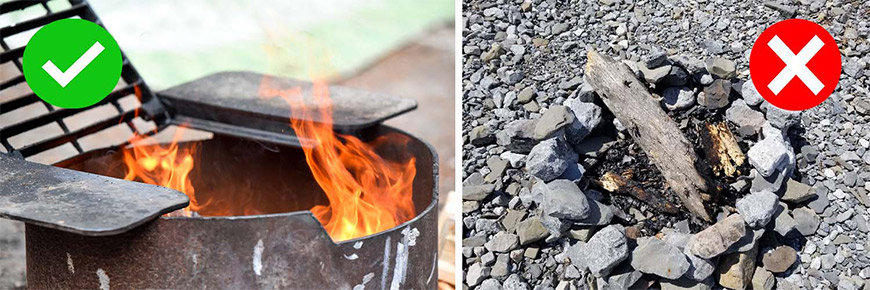
Fire management
Banff National Park
Wildfires are a natural part of life in the Rocky Mountains. Every year wildfires occur, and Parks Canada responds to manage these fires within the mountain national parks. Fire is a catalyst for new life and new habitat; however, it can threaten communities and livelihoods. We work to balance the ecological role of fire with the risks it poses. Through our fire management program, we are reducing the risk of wildfire to residents and visitors while restoring the health and biodiversity in our forests and meadows.
Being prepared for an emergency
Get info on how to prepare for wildfire season and find resources for other emergency situations in Banff.
Current wildfire status
Do your part and stay informed on the current fire danger status and regulations.
Fire protection and restoration projects
Find information on fire protection and restoration projects within Banff National Park.
Buy local, burn local
Follow these best practices to protect our park from invasive species
Fire and climate change
Get info on how Parks Canada is using fire to help create more diverse landscapes, protect communities and improve ecosystem resilience.
Fire ban information
Fire bans help prevent human-caused forest fires. Find out what you can and can't do during a fire ban in Banff National Park.
Do your part and stay informed on the current fire danger status and regulations. Your actions can help prevent unnecessary human-caused wildfires. Information on current fire danger
While we cannot avoid naturally occurring wildfires (ex: lightning strikes), we can avoid human-caused fires. Please do your part to keep our communities and first responders safe by not lighting illegal campfires.If you see any wildfires, illegal campfires, or suspicious smoke, please report to Banff Emergency Dispatch 403-762-4506.
Fire bans are based on the local fire danger, current and forecasted weather conditions, the amount of moisture in vegetation, the regional wildfire situation and the availability of responders and equipment. Learn more about fire bans.
How to safely enjoy a campfire in Banff National Park
When a fire ban is not in effect, you can safely enjoy a campfire in Banff National Park by following these guidelines:
- Keep campfires small, and only in designated fire pits or boxes. Fires must be attended to at all times.
- Use only firewood purchased in the area. Firewood should not be brought in from outside the park, but purchased at various providers within the park to prevent the risk of invasive insect species or disease from being brought into the park
- Completely extinguish campfires with water. Before leaving it, soak it, stir it, and soak it again until it is cool to the touch.
- Campers are required to purchase a fire permit before using fire pits in road-accessible campgrounds. Campfires are not permitted during quiet hours (11 pm to 7 am).
- Campfires are not allowed in some backcountry campgrounds. Check the backcountry camping information or ask at a Parks Canada visitor centre before setting out on your hike.
Be fire safe and follow these rules
- Never leave a flame unattended.
- Use equipment that is CSA or UL certified. Look for these symbols or check with the store where it was purchased.

- Do not throw cigarettes on the ground. Put them out and discard in a bin.
- Report any wildfires, illegal campfires or suspicious smoke to Parks Canada Emergency Dispatch: 403-762-4506.

As of 2024, campfires are no longer allowed at the following campgrounds:
- Wildflower Creek (Ba15)
- Merlin Meadows (Sk18)
- Red Deer Lakes (Sk19)
- Glacier Lake (Gl9)
- Hector Lake (He5)
- Mosquito Creek (Mo5)
- Molar Creek (Mo16)
- Norman Lake (No5)
- Siffleur River (Sf)
- Taylor Lake (Ta6)
Designated fire pits will be removed from these campgrounds through the 2024 and 2025 seasons. Campfires are prohibited in these backcountry campgrounds even if you see a fire pit.
Air quality
For smoke and air quality alerts visit:
Webcams
Several businesses have live webcams available within the park:
Road conditions
It is always a good idea to prepare for travel by checking Alberta511.ca and DriveBC.ca before you head out.
- Date modified :